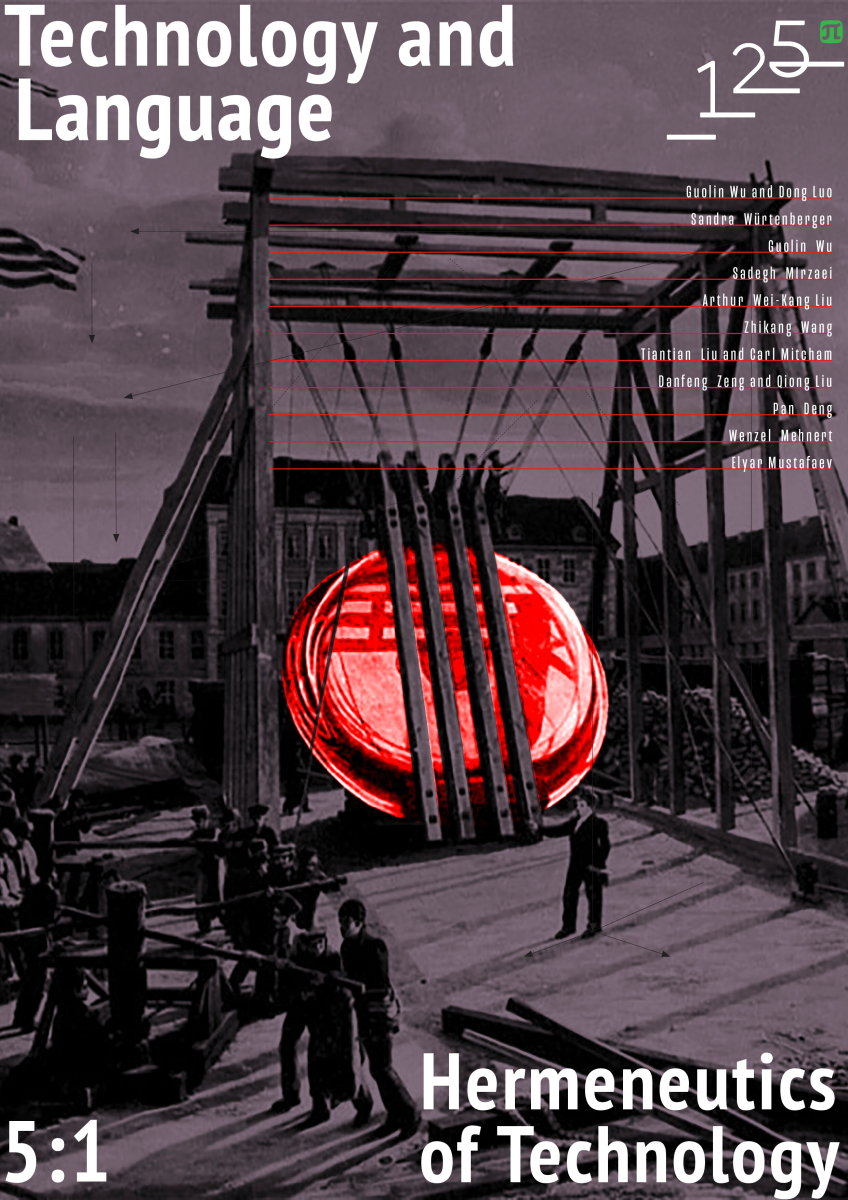Psychological Features of the Regulative Mechanisms Emerging in Digital Space
Since the Spring of 2020 and due to the Pandemic, the massive transition to online spaces has magnified the issue of the influence of digital regulation on the choice of behavior on the Internet as a special cultural and symbolic environment. The article presents a theoretical analysis of regulatory mechanisms in the digital environment. It discusses the main problem of choosing behavioral models in cyberspace. The purpose of the research is thus to systematize psychological approaches to the study of the regulation of human behavior as it is translated to the digital environment. The research was carried out by a qualitative methodology of discussions among teachers and students. Three problem areas of behavior regulation were identified, namely the acceptance of responsibility, the externalization of motivation, and the simplification of choice. These are reflected in the evolution of regulatory mechanisms for the formation of value judgments, the fragmentation and breaking of chains of activity, and the feedback system or social control which acquire a quantitative dimension in digital space. The limitations of the results obtained are due to the qualitative methodology that was adopted for the empirical part of the research, that is, with its concentration on the educational sphere, with the period of the pandemic and with the stress that was due to the overall transition to online learning. Conceptually, however, there are social implications in regard to the discovery of public or state interventions, especially the regulation of activity of social media, of institutions functioning online and of individual and group (households, institutions) users. The original value of the research relates to the systemic analysis of psychological approaches to the problem areas of regulation of human behavior in digital space. The study substantiates the need for independent regulatory activity as a special type of governance of behavior in the digital environment, contradicting the “Google doctrine“ that presupposes natural self-regulation and self-organization on the Internet.



